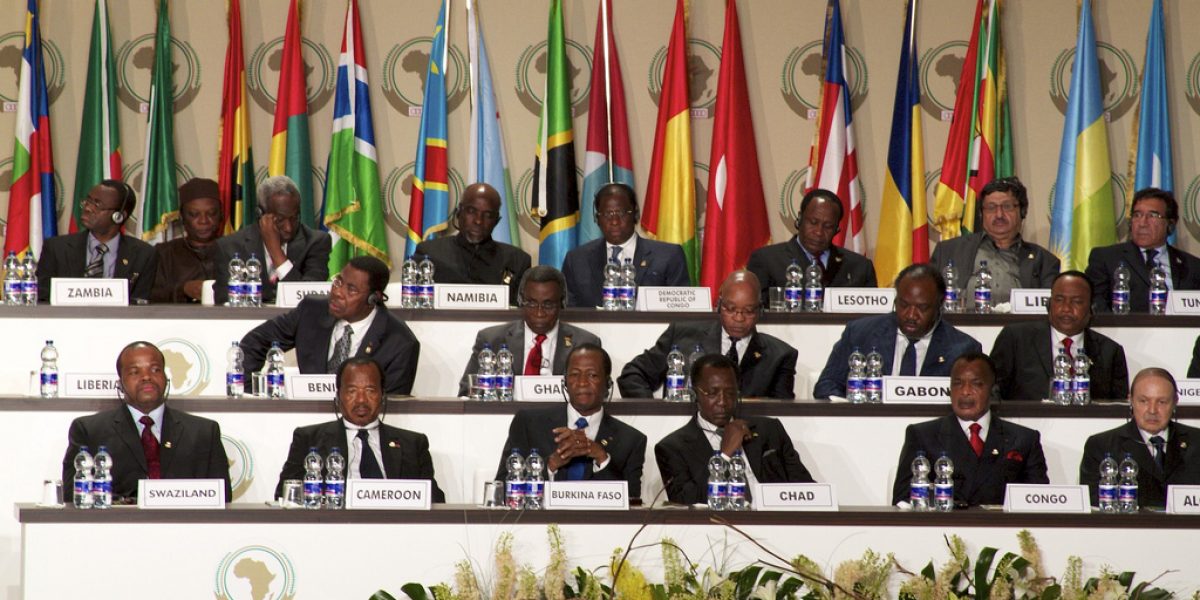It is estimated that Africa’s gross domestic product could decline up to 10% because of the effects of this phenomenon. Yet, the World Economic Forum on Africa and recent discussion on Africa’s economic outlook for this year made minimal mention of climate change and its economic ramifications for African countries. This is cause for concern, given that climate change is one of the most significant sustainable-development challenges facing the world, with huge implications for all economic enterprises.
While there is general agreement about the negative impacts of climate change, the debate continues in the international community about the long-term threat of climate change post-2012. This is the year by which greenhouse gas emission-reduction targets, contained in the Kyoto Protocol, are to be reached. What will take place after the Kyoto commitment period of 2005-2012 should be high on Africa’s, and therefore SA’s, economic agenda. It should be included in the corporate strategies of all firms wishing to compete globally.
The Kyoto Protocol came into effect in February last year. Industrialised or annex 1 countries that signed the protocol are legally required to reduce their emissions to an average of 5,2% below 1990 levels by 2012, with specific targets varying from country to country. Only parties that have ratified the protocol (163 countries so far, accounting for about 65% of global emissions) are bound by it. There is controversy about countries that have not signed. For example, Kyoto lacks the commitment of the US, the biggest contributor of greenhouse gas emissions.
Developing countries are classified as non-annex I parties and do not yet have to meet emission reduction targets set out under Kyoto. However, post-2012, both developing and developed countries will have to adhere to international greenhouse gas-reduction criteria. This will have massive economic and investment implications for countries that have made no attempt to transform their industries to fulfil environment-friendly international requirements.
SA, with its vast coal reserves and strong manufacturing base, contributes about 3% of the net greenhouse gas emissions worldwide. Under the United Nations Framework Convention on Climate Change, SA will be asked to cut emissions post-2012. Some firms have already taken steps to meet these anticipated targets by incorporating sustainability measures into their corporate strategies. But most small companies tend to neglect this area. It is clear that those companies able to prepare for restrictions will have a competitive long-term advantage over those not able or willing to adapt.
Kyoto offers distinct economic possibilities for developing countries that are forward-thinking and active in response to climate change. The protocol introduces three market mechanisms that provide industrialised countries with access to emission reduction opportunities, and provide developing countries with access to investment and technology. One of these, the clean development mechanism, enables public or private entities from industrialised countries to receive credits when they invest in emissions-reduction or carbon-sequestration projects in developing countries. These reductions are then available to the investor for trading on the open market as a commodity.
Only innovative ideas from developing countries are considered for these projects. This offers massive economic opportunities for African governments and entrepreneurs seeking to establish more environment-friendly operations in accordance with Kyoto norms. Not only could it mean more investment from the developed world, it also offers opportunities to firms within the developing world that wish to register as a “designated operational entity”, the function of which is to validate clean development mechanism project activities and to verify and certify the emission reductions.
It is important that there is a recognition of the links between adaptation to climate change, sustainable development and economic performance. Lessening pressure on natural resources, improving environmental risk management and increasing the social wellbeing of the poor not only reduce the vulnerability of developing countries to climate change, these steps also put such countries on a path towards sustainable development. The importance of ecosystem management is increasingly apparent with the rising cost of providing clean air and water.
Although not immediately faced with restrictions on emissions, South African firms seeking to attract investment in future will need to develop a long-term strategy. South African firms will not be able to compete in a new emerging low-carbon economy after 2012 unless adaptive strategies are implemented. The pursuit of renewable energy is no longer the “luxury” of developed nations, but a necessity for all nations.
Therefore, the objective to maintain a healthy bottom line, investor confidence, shareholder value and brand awareness is no longer a question of asset turnover and profit, but the ability of individual corporations to adapt and create a strategic environmental advantage over their competitors in the international market.
If SA is serious about growth and poverty alleviation, it must factor the effects of climate change into its economic equation. This is particularly relevant when one considers SA’s position as an emerging economic player of the developing world.
Business Day








